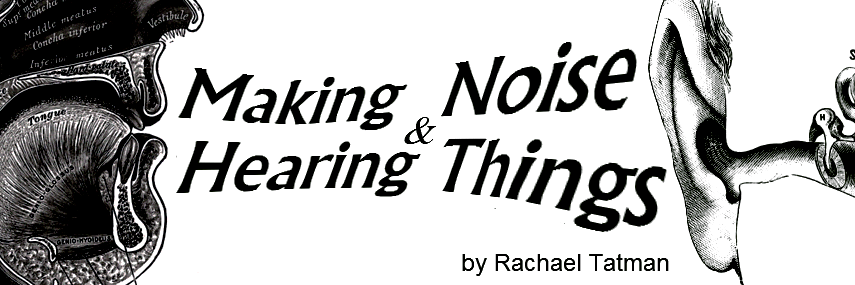So, I like to say that there are two forces at work in linguistics change: laziness and niceness. Well, that’s a little vague. When I say linguistic change, I really mean phonological change. Phonological change is whenever one sound or set of sounds is replaced by another, and it happens all the time.

We splash glottal stops around in our speech because they’re easy and quick to say. So that’s laziness; it doesn’t hurt anyone, it just makes the speaker’s life a little easier. But wait! Let’s say that you move to Egypt and start using Egyptian Arabic. In fact, let’s say that a whole bunch of English speakers move to Egypt, so many that there starts to be a really large native English speaker population in Cairo… but a population that still has to learn and use Egyptian Arabic just to get around during the day.
Now, in Egyptian Arabic, if you slosh glottal stops around like mop water on a dirty floor, you’re going to run into problems. Why? Because the glottal stop is a separate sound. It would be like if I used “b” and “p” interchangeably. There’s a big different between “Hand me the robe” and “Hand me the rope” (particularly if you’re a cultist). It’s confusing. And confusing people isn’t nice.
So, if you’re nice, you’ll use glottal stops only when you’re supposed to in English and Arabic, and use the other sounds where they belong. The downside? It’s more work for a speaker to make a full k-sound than just a glottal stop.
So you’ve got this tension between laziness and niceness, and in different languages and different situations, a different pressure will win out. Or, you know, at least be something that you worry about more.
